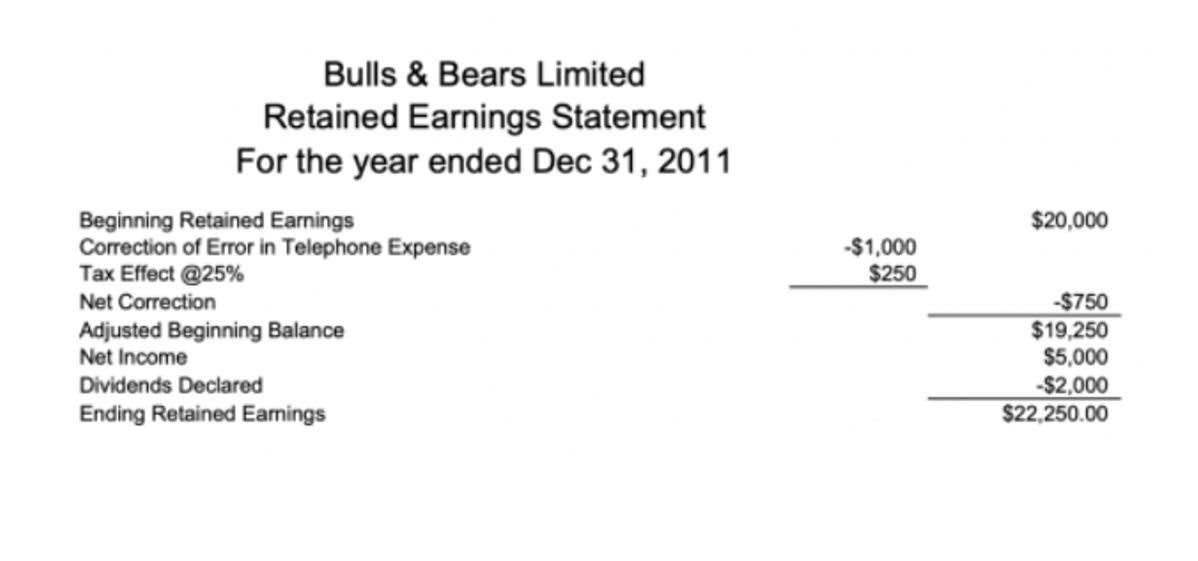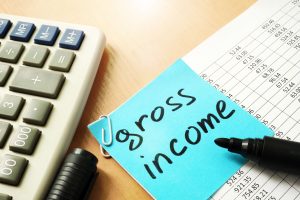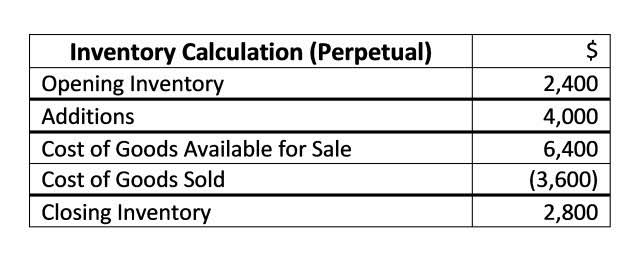
As a bookkeeper, your income level may vary based on your location, experience and employer. If you work in a competitive job market, certification can give you a leg up when discussing salary potential with prospective employers. If you’re a seasoned bookkeeper, however, a bookkeeping certification may not be worth it. With years of experience under your belt, it’s likely that you already have the skills and credibility required to do your job well. Employers are less likely to ask for certified evidence of your skills if you’ve been working as a bookkeeper for years. A bookkeeping certification is an official demonstration of a person’s bookkeeping skills.
- This compensation does not influence our school rankings, resource guides, or other editorially-independent information published on this site.
- “Those skills are beneficial to employers for which they may be willing to pay higher salaries.”
- Finally, over 20 years of experience in bookkeeping bring an average total compensation of $21.
- Raising median salaries for employees can balance the demand and supply of professionals in the sphere.
Why You Can Trust Forbes Advisor Education
Your credentials show prospective employers that you’re a qualified bookkeeper and you’re willing and able to grow professionally. As a result, certification can lead to advancement opportunities in other areas of accounting, as well as finance and management positions. For example, a certification from California State University, Fullerton costs $2,195. As for certification from AIPB, members pay $479, and nonmembers pay $574.
Certified Public Bookkeeper (CPB) License
While the median pay for bookkeepers is $40,000 a year, professionals who can demonstrate skills in helping employers manage their businesses could earn much more. So while bookkeepers don’t need to earn certification to be employed, investing the time to earn credentials can help by creating job opportunities and expanding earning potential. According to the Bureau of Labor Statistics, about 170,200 openings for bookkeeping, accounting and auditing clerks are projected each year, what is a bookkeeper on average, over the decade. “A person certified in bookkeeping is demonstrating that they are at the top of their profession—similar to CPAs being the best in the accounting field.” Businesses and organizations will always need competent and accurate bookkeepers, and certification is the best way to advance in the profession. Franklin University’s Accounting Data Analytics Certificate equips bookkeepers to succeed in their current jobs and present opportunities for advancement.

Is the certified bookkeeper exam difficult?

An aspiring bookkeeper can enter the profession with a two-year or four-year college degree. Average entry-level salaries approach $38,000 per year, according to Payscale. From this viewpoint, bookkeeping offers an appealing path to an accounting career. Some industry experts believe that not enough bookkeepers are emerging to fill available job openings, indicating opportunities for professionals with the right skills.
- Follow these five best practice tips to improve your bookkeeper certification exam performance.
- These industries generally provide specialized services to clients that do not employ bookkeepers internally.
- Compared to other major employment sectors for bookkeepers, they host relatively few jobs.
- Unsurprisingly, the BLS identifies accounting, tax prep, bookkeeping, and payroll services as the industry that employs the most bookkeepers.
Bookkeeping Salary Guide

The price of this certification includes the cost of enrollment, workbooks and the four-part national certification exam. After passing the AIPB’s certification exam, you will be recognized as a certified bookkeeper. Bookkeeping is a critical function for any business or organization because financial health should inform every decision. However, not all bookkeepers have the necessary skill set to interpret data in ways that help businesses drive peak performance. That’s where earning a bookkeeping certification can make a big difference.

- Franklin also offers degrees in accounting, helping students speak the language of business.
- These include the certified bookkeeper (CB) designation offered by the American Institute of Professional Bookkeepers.
- The first step to becoming a certified bookkeeper is ensuring you’ve met all professional and educational requirements.
- Certificates can be earned through colleges or accredited professional societies.
- The primary difference between the AIPB’s certification and NACPB’s license is the resulting title.